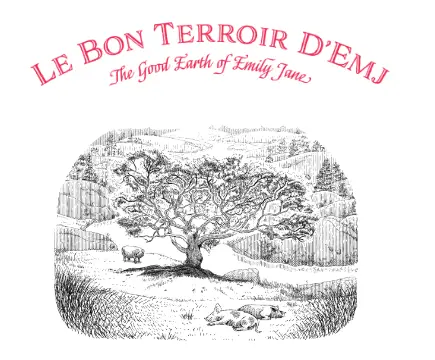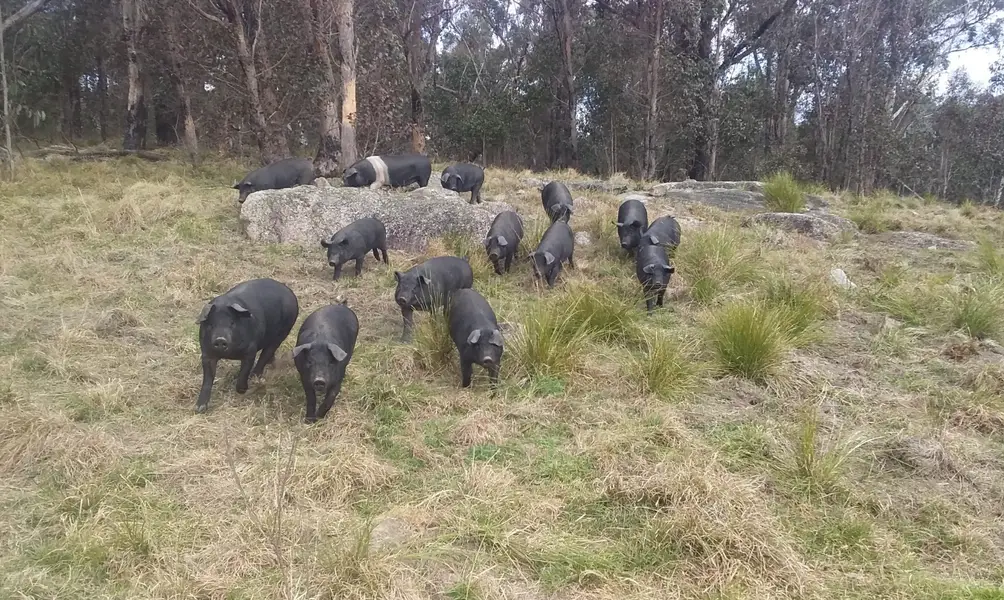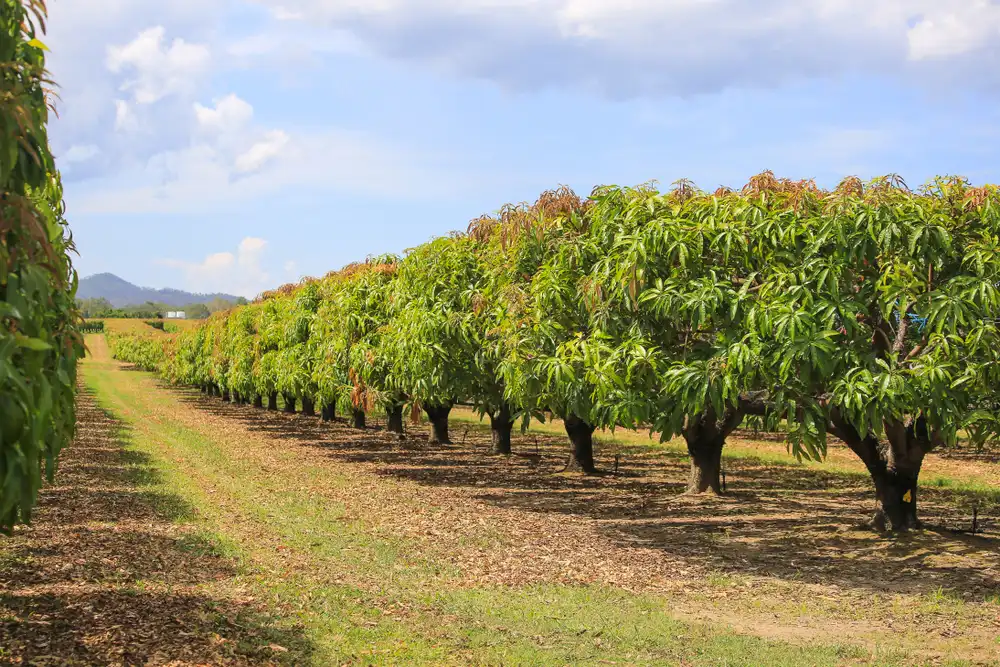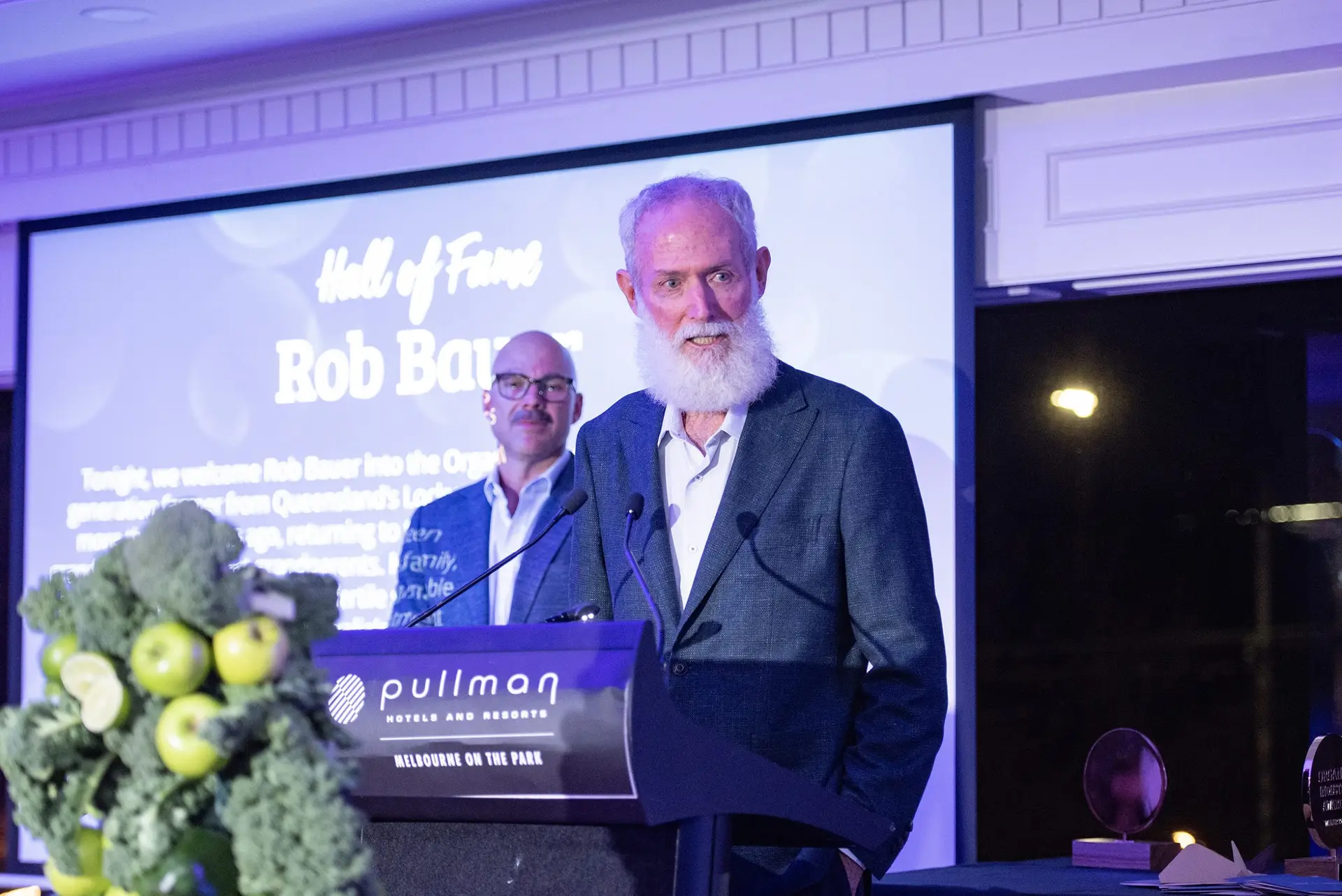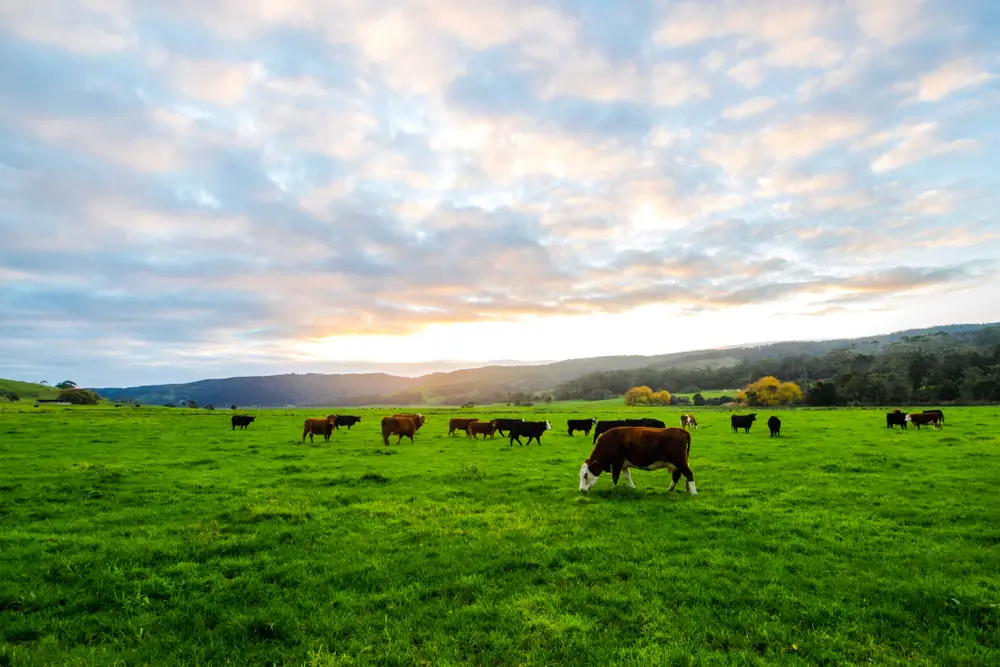It’s no secret that the conversion to organic farming requires years of dedication, but for Emily Pierce and Glen Moir, it has been a labour of love in achieving their goal of producing organic pork under the brand of Le Bon Terroir D’emj, at their farm at Boonoo Boonoo near Tenterfield, in northern New South Wales.
At the time they fell in love with the picturesque 337-hectare bush block, formerly used for cattle agistment, Emily was a writer who had always loved pigs, and Glen had a background in landscaping, horticulture and conservation.
“My grandfather had pigs, and he was an amazing organic farmer and gardener,” Glen said.
“We could see there weren’t very many organic piggeries around, so we thought there would be a market for organically produced pork.
“In Australia, it’s not seen as very classy to have pigs or to be a swine farmer, but in a lot of other cultures or countries, pigs are prized. So, we treat our animals like family, we do all the right things by them.”
But the realisation of their long-term dream hit its first bump when a bushfire burnt through their property as they were signing the sale documents, taking out the bridge over the Boonoo Boonoo River and their only access to the farm.
Glen painstakingly rebuilt the bridge, and they stocked the farm with adaptable English Large Black and Wessex Saddleback breed pigs, only to face serious losses from the bacterial infection, swine erysipelas. Vaccinations and penicillin were out of the question in an organic system, so they bred the disease out epigenetically by removing the most susceptible animals.
With the farm on top of the Great Dividing Range, an exclusion fence had to be built to keep out both wild pigs and dogs, and to maintain biosecurity. Internal electric fencing was installed to maintain a 3.6 metre barrier between pig herds that are rotationally grazed in a cartwheel pattern, to ensure maximum use of pasture and the opportunity for resting paddocks.
Despite some setbacks, Emily and Glen were determined to achieve organic certification to verify that no synthetic chemicals such as antibiotics, pesticides, fertilisers or Genetically Modified Organisms (GMOs) were used on the land or within production, including in animal feed. They had been practicing organic principles from day one, as the block had been virtually untouched for years, which helped fast-track their certification process from three years to 12 months.
Finding a market and a price for their product that reflected their investment has been challenging. But what makes all the hard work worthwhile for Emily and Glen is the feedback about the quality of the meat that they’re producing, and to know that they’re raising their pigs ethically and organically.
“Chefs and butchers have said that the marbling of our pork is supreme,” Emily said.
“They say the meat is a lot tastier because the pigs are actually on grass, but we also take three times as long as conventional farmers to raise our animals.
“We keep the piglets with the mother for a lot longer than the mainstream industry. They take the piglets off the sow after about 10 days, whereas ours stay with the mother for two or three months until weaning, so there’s less stress.
“The pigs are also rotated through fresh paddocks every month with shelters and wallows and grass to eat, so it’s effectively slow-grown pork. All of this comes out in the flavour of the meat because there’s no stress in the animal.
“It was a mega-investment to set everything up from scratch, but worth it.”
Another challenge has been to educate consumers about the differences between certified organic pork and free-range product.
“There are organic butchers that sell every other organic meat but when it comes to pork, they just buy free-range, so navigating that has been challenging,” Glen said.
“People think free-range pork is organic but it’s not just about having your pigs outside, it’s completely different. And there’s a lot of mislabelling by people cutting corners and calling themselves sustainable and organic, when they’re not actually certified.
“But we’ve gained more customers in the last few months as more people are now seeking organic pork.”
Glen’s next goal is to set up irrigation, to support the quick recovery of pastures from grazing impacts and to sustain the animals all year round.
“I’ve got a huge amount of irrigation lines laid out, but I don’t yet have the irrigator because it’s a big investment and there’s still so much I need to do,” he said.
“Our management plan is to rest each paddock for six months, which well and truly breaks the parasite cycle.
“People need to understand that we’ve spent a lot of money to set up the organic infrastructure and pay fees to be certified, right down to feeding the pigs a certified organic supplement, so we’re the real deal!”
You can read more about Le Bon Terroir D’emj via their website at this link.
